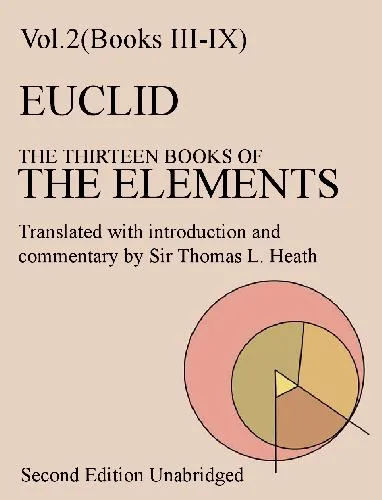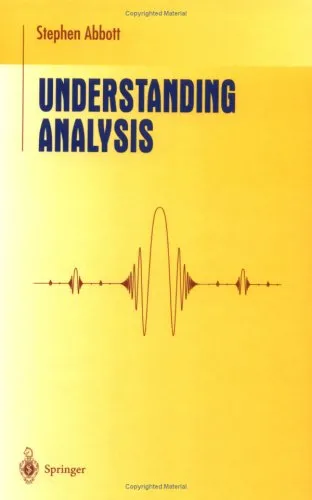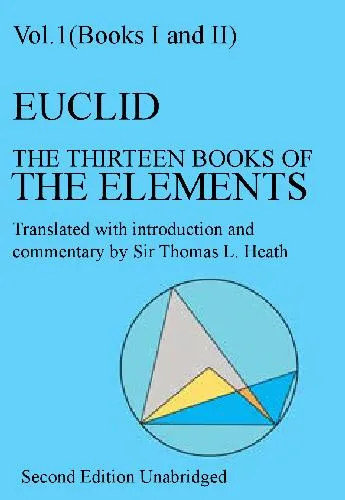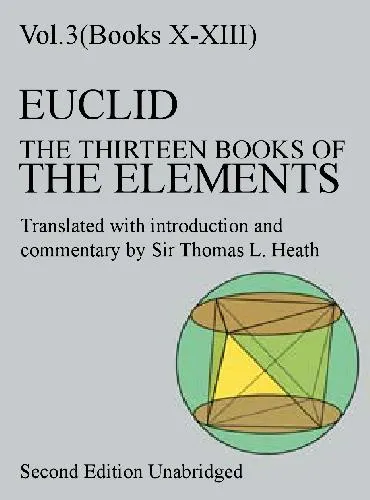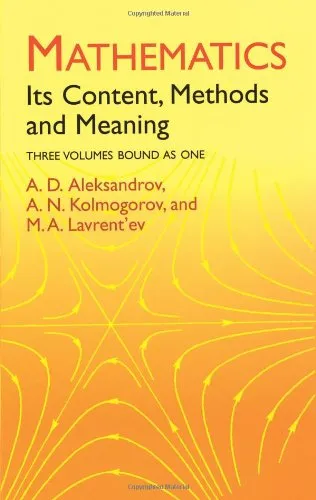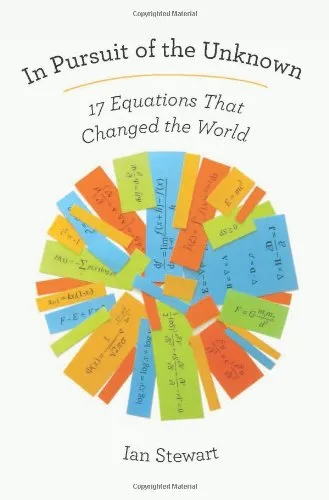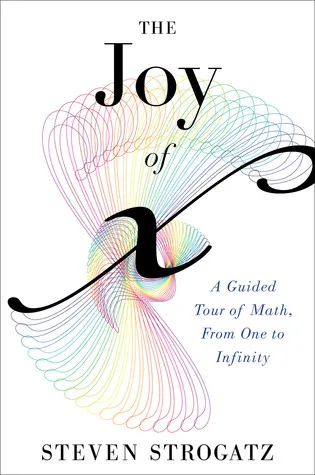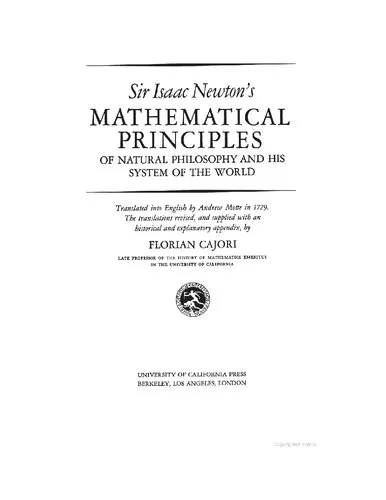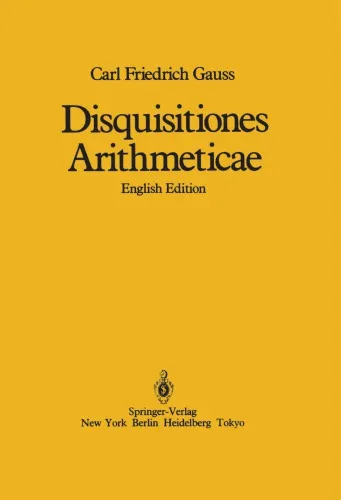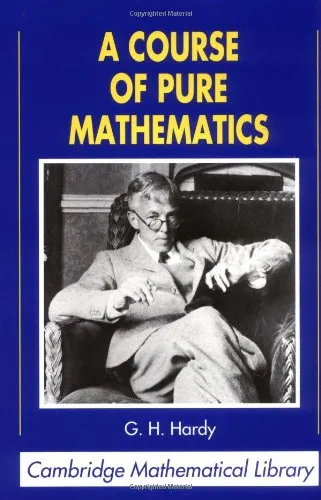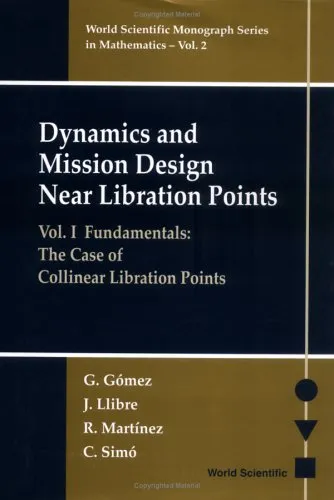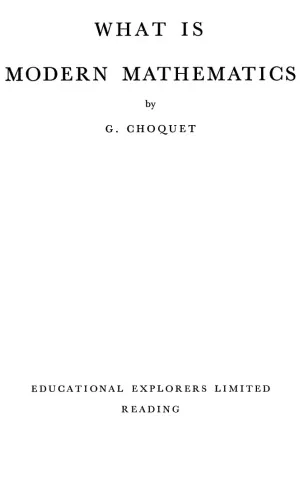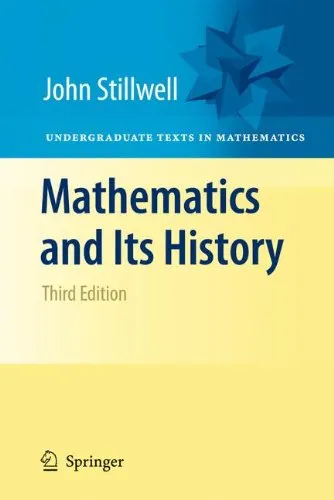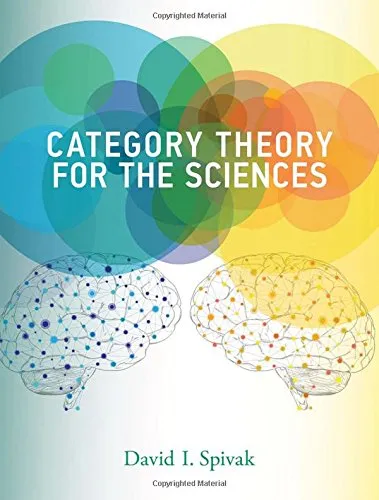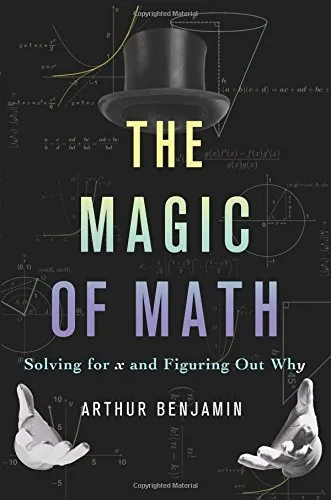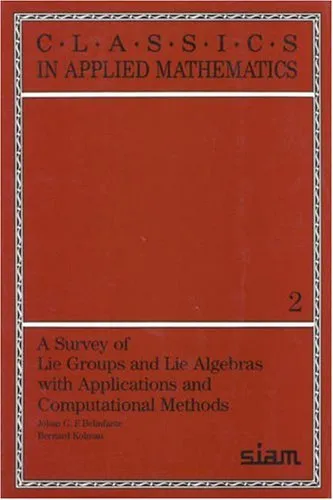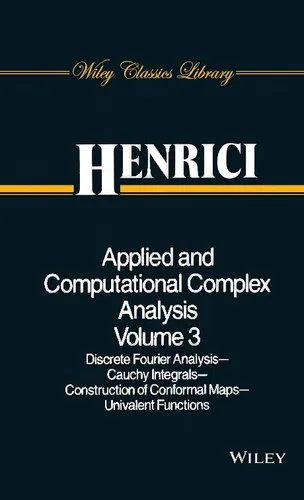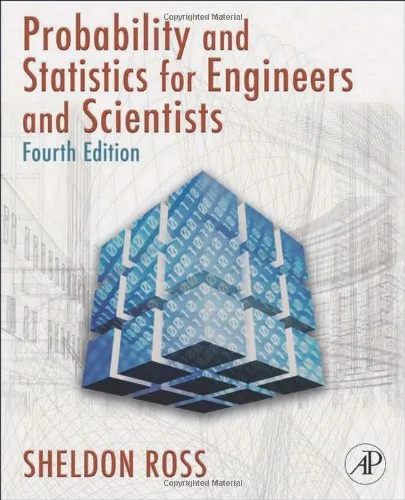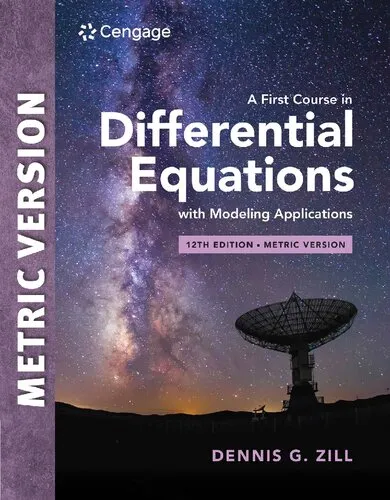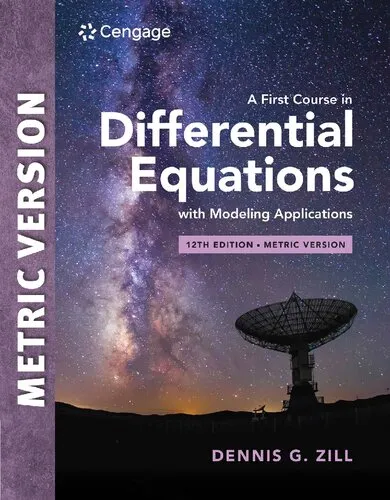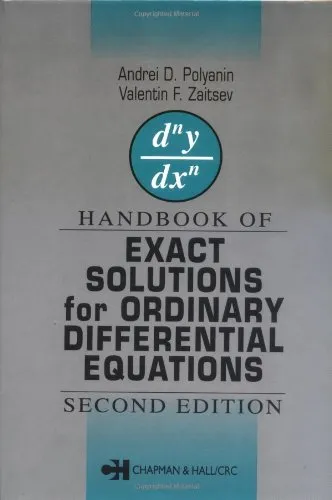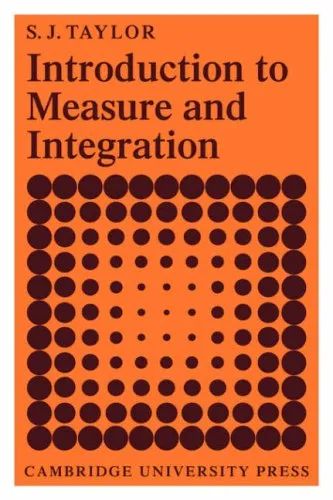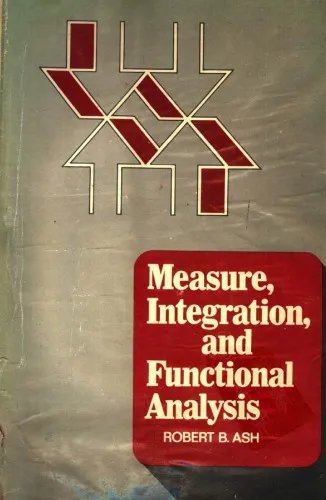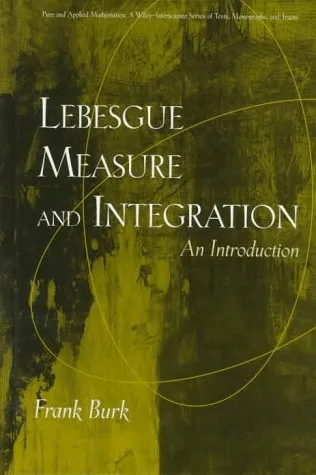Thirteen Books of Euclid's Elements. Books III-IX
4.8
Reviews from our users

You Can Ask your questions from this book's AI after Login
Each download or ask from book AI costs 2 points. To earn more free points, please visit the Points Guide Page and complete some valuable actions.Related Refrences:
Introduction to 'Thirteen Books of Euclid's Elements. Books III-IX'
Euclid's Elements is a cornerstone of mathematical history. Compiled around 300 BCE, it systematically gathers and organizes the knowledge of geometry and number theory that came before. The volumes are more than just a textbook; they are a crucial bridge connecting ancient and modern mathematics.
Detailed Summary
The 'Thirteen Books of Euclid's Elements' collection is divided into various sections that each explore different aspects of geometry and number theory. Books III-IX, in particular, dive deeper into the geometrical constructions and number properties. The concepts covered in these books are fundamental to the field of mathematics and have influenced countless innovations over centuries.
Book III focuses on the properties of circles, including discussions on tangents, angles, and arcs. Book IV extends these ideas to regular polygons and inscribed figures. Book V introduces a more abstract notion of proportion that applies to both numbers and geometric magnitudes, laying groundwork for later developments in ratio and proportion theory.
Book VI continues to explore similar figures and applies the theory of proportion. Books VII-IX delve into number theory, covering the nature of numbers, the properties of prime numbers, and the construction of number series. These treatises introduce essential concepts like Euclid's algorithm for finding the greatest common divisor and the idea of geometric series.
Key Takeaways
- Understanding the properties and relationships within circles and polygons.
- Developing the concept of proportion in both geometric and numeric contexts.
- Gaining insights into the fundamentals of number theory, including divisors and prime numbers.
- Learning to appreciate the rigor and logical structure which underpins much of modern mathematical thought.
Famous Quotes from the Book
"The whole is greater than the part."
"Things which are equal to the same thing are also equal to one another."
Why This Book Matters
Euclid's Elements is not just an ancient text but a lasting beacon of how logical deduction can systematically build an entire field of knowledge. Its methods laid the groundwork for contemporary mathematical education and continue to be relevant, emphasizing the importance of rigorous proof and deductive reasoning. The Elements show us how interconnected different domains of mathematics are, and it underscores the power of a well-structured exposition. With its logical elegance and foundational depth, the text remains a critical object of study for mathematicians, educators, and historians alike.
Consider its impact: for centuries, the Elements was one of the most translated and studied works, second only to the Bible. Indeed, its methods permeate various fields, laying the groundwork for the modern scientific method. Understanding Euclid’s logic is crucial not just for mathematics, but for any discipline that values structured reasoning and evidence-based conclusions.
The study of Euclid is an intellectual journey into the roots of logical thought processes, and Books III-IX are at the core of this exploration. This timeless piece showcases how logical and consistent reasoning contributes to human knowledge, influencing disciplines far beyond its initial realm of geometry and mathematical inquiry.
Free Direct Download
You Can Download this book after Login
Accessing books through legal platforms and public libraries not only supports the rights of authors and publishers but also contributes to the sustainability of reading culture. Before downloading, please take a moment to consider these options.
Find this book on other platforms:
WorldCat helps you find books in libraries worldwide.
See ratings, reviews, and discussions on Goodreads.
Find and buy rare or used books on AbeBooks.
